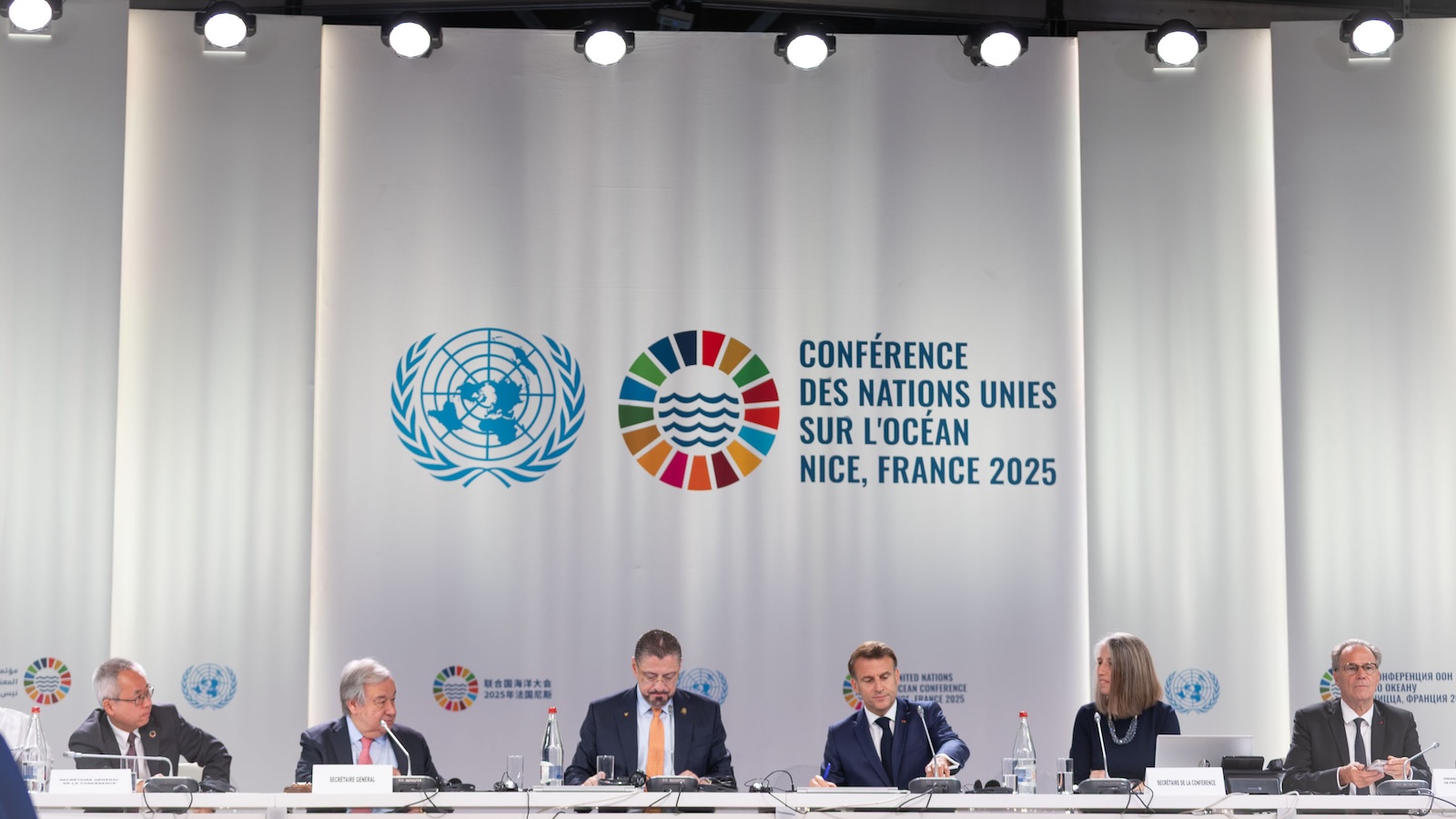Now Reading: UN’s Third Ocean Conference Highlights Progress and Challenges
-
01
UN’s Third Ocean Conference Highlights Progress and Challenges
UN’s Third Ocean Conference Highlights Progress and Challenges

Speedy Summary
- The third united Nations Ocean Conference took place in Nice, France, focusing on marine conservation and the implementation of the high seas treaty.
- France and Costa Rica co-hosted the event to advance ocean-related sustainable development goals amid ocean crises such as plastic pollution, acidification, and rising sea levels.
- Key outcomes:
– 50 countries have now ratified the high seas treaty after an accelerated push during the conference; 60 ratifications are required for its entry into force.
– Germany and the European Union pledged hundreds of millions toward marine conservation efforts.
– eleven governments committed to protecting climate-resilient coral reefs; French Polynesia declared its entire exclusive economic zone as a protected area.
- Criticisms included insufficient voluntary commitments from several nations, particularly France’s pledge to limit bottom trawling in only 4% of its waters.
- Calls for action included:
– A deep-sea mining moratorium supported by delegates like Emmanuel macron.
– Emphasis on oceans’ role in addressing global warming and reinforcing plans for a U.N. plastics treaty.Image Highlights:
- Protestors in Nice advocating ocean protection (credit: valery Hache / AFP).
- Emmanuel Macron speaking about marine conservation on French TV (credit: Sebastien Bozon / AFP).
For full coverage, Read More.
Indian Opinion Analysis
the developments at the third U.N. Ocean Conference underscore critically important steps toward marine sustainability but reveal persistent challenges in achieving actionable consensus globally. India’s coastline creates strong stakes tied to such treaties-highlighting potential ripple effects domestically through resource management policies or emerging frameworks under international agreements like these.
Acceleration of high seas treaty ratifications is promising but falls short without practical enforcement mechanisms-a point made evident by gaps between symbolic pledges (e.g., bottom trawling limits) versus actionable change detrimental otherwise risks-delay executions amidst heightened urgency conservation imperatives




























